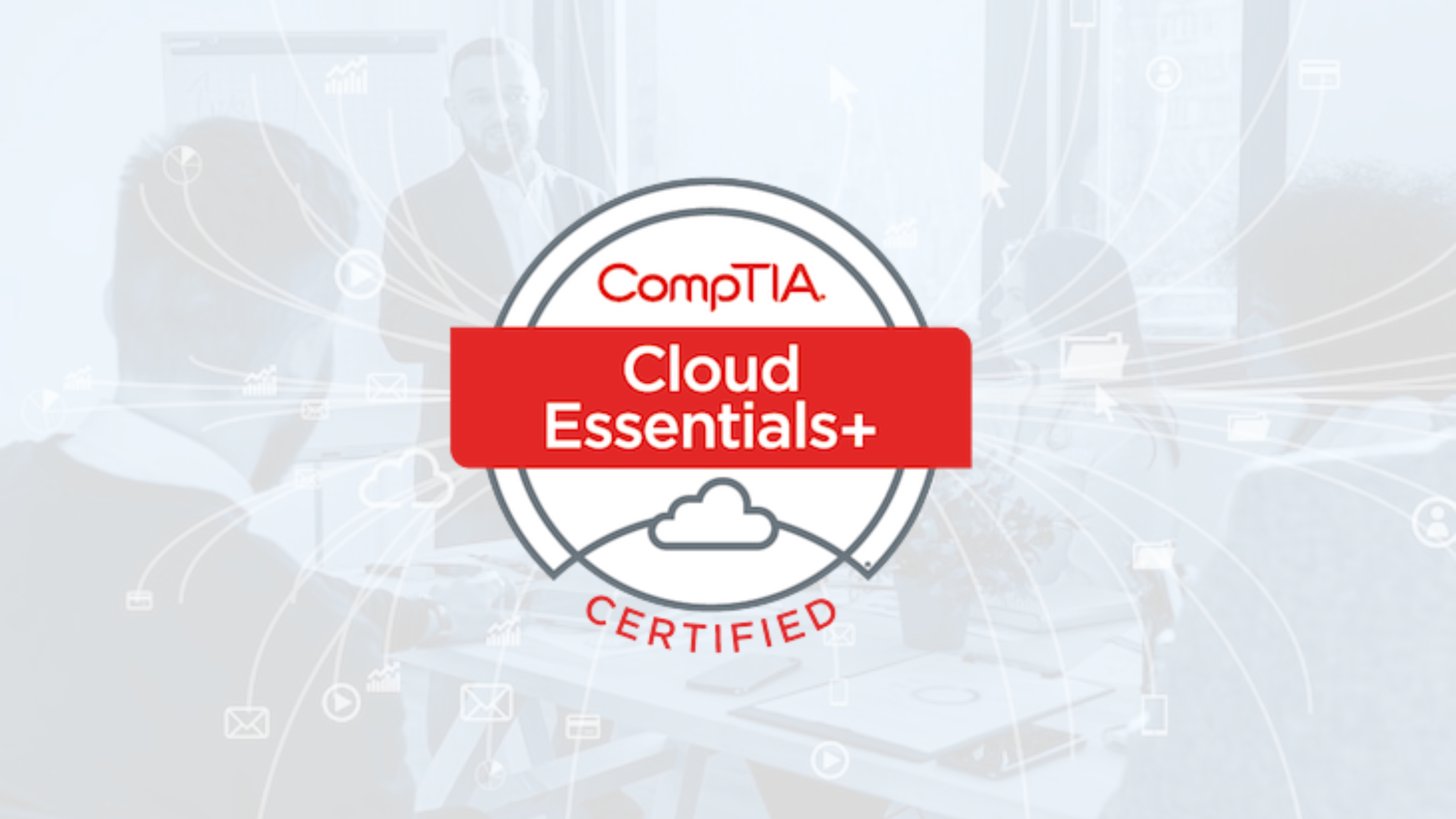Master AWS Certified Security - Specialty with NYTCC. Expert instructor-led training in New York and online. Boost your cybersecurity career and salary today!
In the modern digital landscape, data is the most valuable asset an organization possesses. As businesses across New York City and the globe migrate their mission-critical workloads to the cloud, the demand for elite cybersecurity professionals has reached an all-time high. However, simply knowing "security" is no longer enough; you need to prove your expertise in the world’s leading cloud platform.The AWS Security Certification—specifically the AWS Certified Security – Specialty—is the gold standard for professionals looking to validate their ability to design and implement complex security solutions. If you are looking to elevate your career and secure the digital frontiers of New York’s top enterprises, the training offered by NYTCC is your ultimate gateway.
Why AWS Security Certification is Essential in 2026
The cloud security market is evolving rapidly. With the rise of sophisticated cyber threats, companies are no longer looking for generalists; they are looking for specialists who can navigate the intricate security layers of Amazon Web Services (AWS).Earning your AWS Certified Security – Specialty proves that you possess a deep understanding of data classifications, encryption methods, and secure internet protocols. It transitions you from a standard IT professional to a trusted security advisor capable of protecting high-stakes infrastructure.
Understanding the AWS Certified Security – Specialty Exam (SCS-C02)
To earn this prestigious credential, candidates must pass the SCS-C02 exam. This is an advanced-level test designed for those with significant experience in both IT security and hands-on AWS workload management.
Exam Overview
- Format: 65 questions (Multiple choice or multiple response).
- Time Limit: 170 minutes.
- Passing Score: 750/1000.
- Cost: $300 USD.
- Validity: 3 years.
Core Domains of the Certification
The certification is structured around six critical domains that every cloud security expert must master. During your training at NYTCC in New York, you will dive deep into each:
1. Threat Detection and Incident Response
This domain focuses on your ability to identify security threats and respond to them before they cause damage. You will learn to use services like Amazon GuardDuty, AWS Security Hub, and Amazon Detective to automate threat hunting and forensic investigations.
2. Security Logging and Monitoring
Visibility is the cornerstone of security. You will master AWS CloudTrail, Amazon CloudWatch, and VPC Flow Logs to create a transparent environment where every action is recorded and every anomaly triggers an alert.
3. Infrastructure Security
Learn how to build a "fortress" around your cloud resources. This includes configuring Network ACLs, Security Groups, AWS WAF (Web Application Firewall), and AWS Shield to protect against DDoS attacks and unauthorized access.
4. Identity and Access Management (IAM)
Identity is the new perimeter. This section covers the "Principle of Least Privilege," teaching you how to manage user permissions, roles, and multi-factor authentication (MFA) to ensure that only the right people have access to the right data.
5. Data Protection
Encryption is non-negotiable. You will gain expertise in AWS Key Management Service (KMS) and AWS CloudHSM to manage cryptographic keys and protect data at rest and in transit.
6. Management and Security Governance
Compliance is a major hurdle for New York’s financial and healthcare sectors. You will learn to use AWS Config and AWS Organizations to maintain continuous compliance with regulations like GDPR, HIPAA, and SOC2.
Benefits of Getting Certified in New York
New York City is a global hub for finance, healthcare, and media—industries that are heavily regulated and highly targeted by cybercriminals. Here is why taking your AWS Security Certification training locally at NYTCC provides a competitive edge:
- Higher Salary Potential: Certified AWS Security Specialists are among the highest-paid IT professionals in the United States, often commanding six-figure salaries.
- Networking Opportunities: Training in New York allows you to connect with local industry leaders and peers who are facing the same regional security challenges.
- Expert Instructor-Led Training: NYTCC provides hands-on labs that simulate real-world attacks, ensuring you don't just pass the exam but gain practical skills.
Who Should Pursue This Certification?
This is not an entry-level certification. It is tailor-made for:
- Cloud Security Architects
- Security Engineers
- DevSecOps Professionals
- Compliance Officers
- Information Security Analysts
Ideally, candidates should have at least five years of general IT security experience and two years of hands-on experience securing AWS environments.
How to Prepare for the Exam
Preparation is the difference between success and failure. The exam is known for its difficulty because it tests "by the book" AWS best practices.
- Enroll in a Structured Course: Self-study is great, but instructor-led training at NYTCC helps you understand the why behind security configurations.
- Hands-on Labs: Use the AWS Free Tier to practice setting up KMS keys, IAM policies, and GuardDuty alerts.
- Practice Exams: Take multiple mock tests to get used to the 170-minute pressure and the wording of specialty-level questions.
FAQs
1. Is the AWS Security Specialty certification worth it?
Absolutely. As cloud adoption grows, security is the #1 concern for CEOs. This certification proves you are an expert in the most critical area of modern IT.
2. Is there a prerequisite for this exam?
There are no formal prerequisites; however, AWS strongly recommends having an Associate-level certification (like Solutions Architect Associate) and several years of experience.
3. How much does the AWS Security Certification exam cost?
The exam fee is $300 USD. If you have previously passed an AWS exam, you may have a 50% discount voucher in your AWS Certification account.
4. What is the difference between the SCS-C01 and SCS-C02?
The SCS-C02 is the latest version of the exam, updated to include newer services like AWS Security Hub, Amazon Macie, and advanced automation techniques.
5. Where can I take the training in New York?
NYTCC offers specialized training programs in New York designed specifically for the AWS Certified Security – Specialty exam.
Conclusion
The transition to the cloud is inevitable, but doing so securely is a challenge that requires elite skills. Earning your AWS Security Certification is more than just adding a badge to your LinkedIn profile; it is a commitment to excellence in the field of cybersecurity.By mastering threat detection, data protection, and identity management, you position yourself as an indispensable asset to any organization. If you’re ready to take the next step in your professional journey, there is no better place to start than the AWS Certified Security – Specialty training in New York at NYTCC. Secure your future by securing the cloud today.


